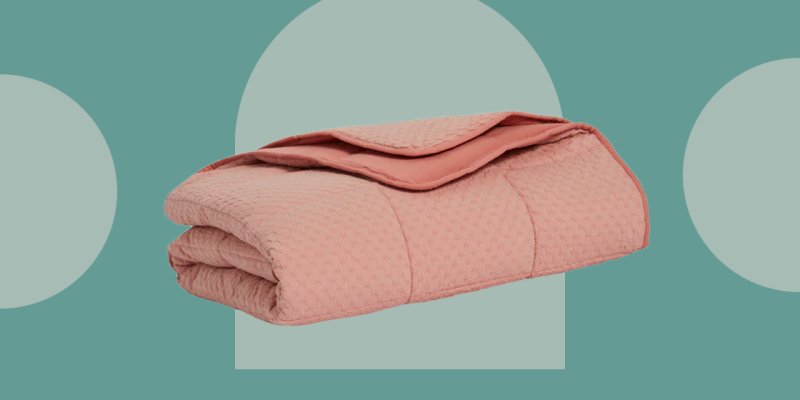

The science around weighted blankets is scant, says Fiona Barwick, psychologist and director of Stanford Medical School’s Sleep and Circadian Health Program. Randomized control trials are typically seen as the gold standard in research, and Barwick said that very few have been conducted on the product thus far; those that have been completed failed to find evidence that weighted blankets had a significantly different effect on sleep than sham blankets.
That said, there is evidence that weighted blankets can positively influence sleep among children with attention deficit hyperactivity disorder (ADHD) and autism spectrum disorder (ASD), helping them fall asleep more easily, stay asleep for the whole night, and relax throughout the day. And people who use weighted blankets say they’re sleeping well, which matters even if experts have yet to pinpoint a specific reason for their experience.
“The subjective reports of better sleep using weighted blankets almost certainly reflect the placebo effect, at least in part,” Barwick said. “It can be an important effect to harness, so I personally don’t have a problem if parents and children are using weighted blankets and subjectively reporting better sleep.”
Weighted blanket advocates often suggest that the products are a form of deep-pressure touch, mimicking the soothing, anti-anxiety effects of a hug and resulting in a more restful night’s sleep. Though Barwick said the science behind this experience is flimsy, the self-reported relaxation is not.
